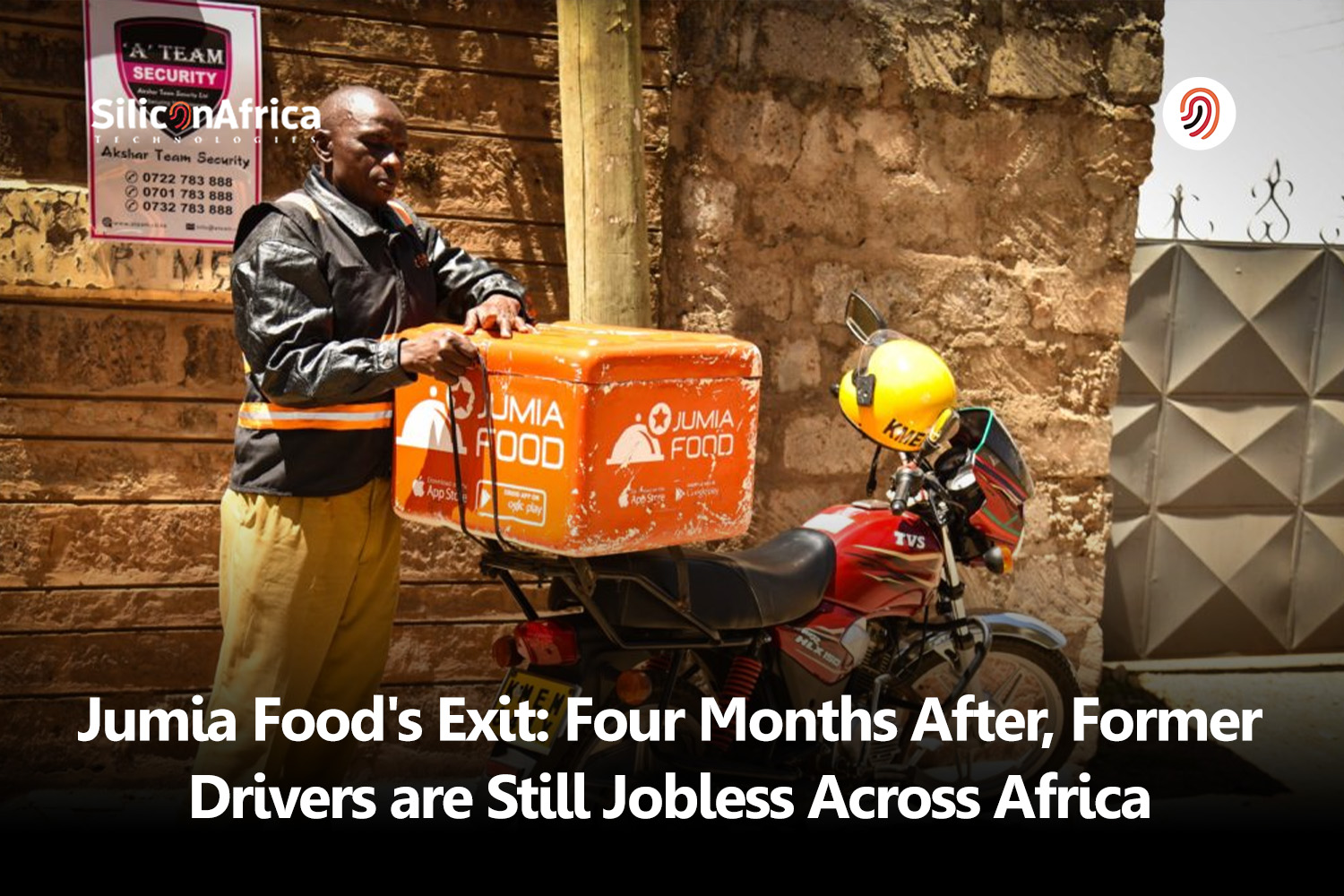Physical Address
60 Ekwema Cres, Layout 460281, Imo
Physical Address
60 Ekwema Cres, Layout 460281, Imo

Four months has passed since Jumia Food, the online food delivery arm of African e-commerce giant Jumia, announced its exit from seven African countries.
The continent was shocked by the news which resulted to lots of stranded delivery drivers in Africa.

Jumia stated “downsizing” and strategic shift away from food delivery due to “macroeconomic conditions” in the markets affected: Algeria, Côte d’Ivoire, Kenya, Morocco, Nigeria, Tunisia and Uganda.
This decision followed earlier withdrawal from Ghana, Senegal and Egypt at the beginning of 2023, by the end 2023, Jumia Food completely exited from the food delivery sector.
Subsequently, Jumia Food app was removed from app stores, leading to many delivery drivers searching for other sources of income.
It is not clear how many drivers were affected by the closure of Jumia Food.
However, the reports indicate that it might be hundreds or even thousands across seven countries. These drivers who are gig workers are often left out from social security benefits.
Many of them depended on Jumia Food as their main source of income, and the sudden closure left them in financial difficulties.
The company justified its decision to withdraw based on economic issues.
For the past few years, the company has been focusing on profitability and according to its report Jumia Food, which was growing, was not aligned with this long-term objective.
The company claims that the decision signifies a strategic shift towards its core business in e-commerce.
Nevertheless, the effect on Jumia’s former delivery workforce paints a different picture. Many drivers complain that they had very little or no warning at all about the closure.
These people will face a tough time with their app deactivated and source of income suddenly stopped.
The situation raises wider issues in the gig economy of Africa.
The exit of Jumia Food from the scene underscores the unstable nature of gig work where workers are often not provided with job security, benefits or minimum wage protections.
Read More: Pricepally: Nigeria’s Leading Online Grocery Shopping Startup
The story also makes us question Jumia’s corporate social responsibility.
While we understand that financial considerations played a part in this decision, there has been criticism over the lack of support to affected drivers during the transition period.
More African countries are joining the gig economy, with the story of Jumia Food serving as a good example.
Going forward, there is need to have regulations and policies in place which will ensure that gig workers across the continent are secured and fairly treated.
Also, companies like Jumia should be made responsible for the human cost linked to major business decisions particularly those that affect a vulnerable workforce.
The days ahead still look uncertain for Jumia’s former delivery drivers.
While some of them may be lucky enough to find new jobs, others may suffer financially for a longer period of time.
The departure of Jumia Food leaves an unambiguous memo on the effects of such moves on people yet they are often glorified in the world of tech startups and the gig economy.
Was this information useful? Drop a nice comment below. You can also check out other useful contents by following us on X/Twitter @siliconafritech, Instagram @ Siliconafricatech, or Facebook @ Silicon Africa.